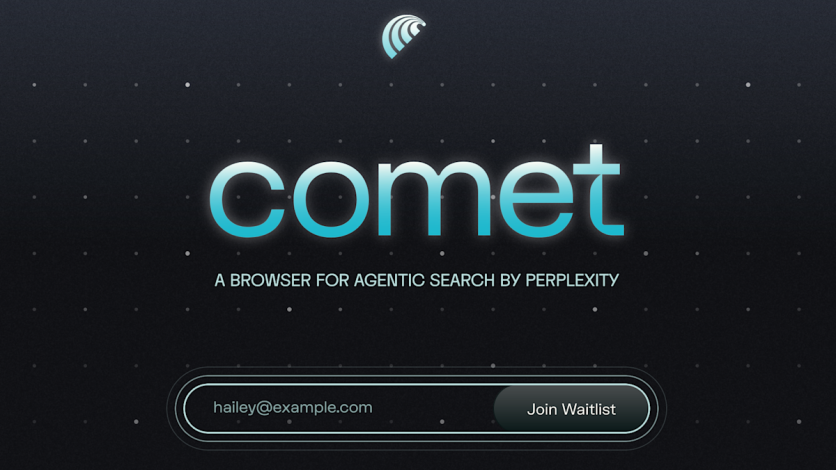
Perplexity AI
Perplexity is now offering global users the opportunity to experience the Comet AI browser as the company has made it available for free to all types of accounts after previously requiring a subscription.
When Comet debuted, the AI browser was among the most exclusive AI-powered experiences in the industry as it required a user to be subscribed to the Perplexity Max tier, which costs $200 per month.
Perplexity Comet AI Browser Now Available For Free
Perplexity has announced via X that its Comet AI browser is now available to all users for free, with all types of accounts eligible to download and access the browsing experience from the company. Since its public release almost three months ago, Perplexity claimed that it had been receiving massive sign-ups on its waitlist.
Now, users no longer have to sign up to join the waitlist to get the Comet AI browser as they may now directly download the browser via Perplexity's website to get the new experience.
What Does Perplexity Comet AI Browser Bring?
Perplexity's Comet brings a lot of AI-powered features to the browser for users to enjoy. While users could use the browser for its traditional functions like searching the web, the Comet features a built-in AI chatbot powered by Perplexity's AI to address everything that is on the screen, page, or tab.
Comet could also help arrange, sort, and summarize documents, emails, social media platforms, and more.
AI Browsers From Different AI Companies
During the early days of generative AI, companies like Microsoft, Google, and more have opted to integrate the technology into web browsers to provide an "AI-powered browsing" experience. However, as AI grew more powerful and capable, these companies have changed it up by creating AI browsers themselves, with Google revolutionizing this on Chrome with its controversial AI Mode.
The Browser Company, whose Arc Browser has been a game-changer, has joined the AI revolution by releasing their latest product called Dia, an AI web browser that brought interesting new features. Dia gave the world many AI-powered experiences like writing assistance, the address bar serving as a "command center," autonomous web actions, and more.
Other companies are also looking to catch up, including Microsoft with Edge's Bing AI, OpenAI, and more.

-
 C114 Communication Network
C114 Communication Network -
 Communication Home
Communication Home


